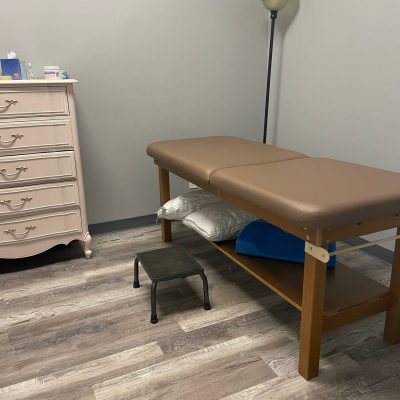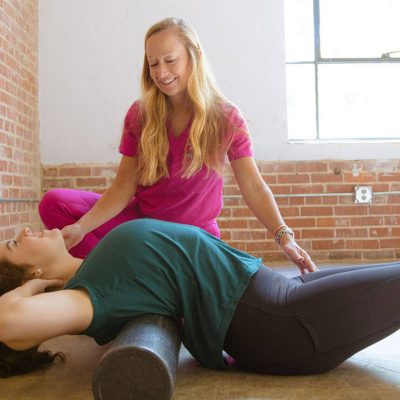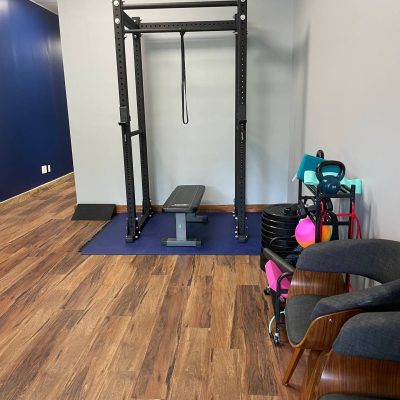Potty training is a significant milestone for children as it marks their transition from diapers to using the toilet independently. However, potty training can be a challenging process for some children and parents, and one of the factors that can affect this process is the development and strength of the pelvic floor muscles.
The pelvic floor muscles are a group of muscles that support the organs in the pelvic region, including the bladder, rectum, and uterus (in women). These muscles play a crucial role in controlling urination and bowel movements, as they work to keep the openings of the bladder and rectum closed and release them when necessary. When these muscles are weak, it can lead to difficulties in controlling bladder and bowel movements.
In young children, the pelvic floor muscles may not be fully developed, which can lead to challenges in potty training. Children with weak pelvic floor muscles may experience frequent accidents, bedwetting, and constipation. They may also experience discomfort or pain when trying to use the toilet, which can cause anxiety and resistance to potty training.
When a child has strong pelvic floor muscles, they are better equipped to control their bladder and bowel movements. They can hold their urine and bowel movements for longer periods, which is essential when transitioning from diapers to using the toilet independently.
Fortunately, there are various exercises and techniques that parents and caregivers can use to strengthen a child’s pelvic floor muscles and facilitate successful potty training. One effective technique for strengthening the pelvic floor muscles is to encourage children to practice squatting. Squatting is a natural position for bowel movements and can help to improve muscle tone and control in the pelvic floor muscles. Parents or caregivers can encourage children to squat while using the toilet by placing a squatty potty in front of the toilet and instructing the child to place their feet on the stool while using the toilet.
In addition to this technique, there are other strategies that parents and caregivers can use to support successful potty training. Having a patient and supportive Pelvic Floor Therapist during the process, can help your child establish a regular toileting routine, decrease anxiety and resistance, reinforce the habit of using the toilet and encourage the child to develop bladder and bowel control.
Remember to be patient and supportive during the process, and if you have concerns, don’t hesitate to call Magic City Physical Therapy!







